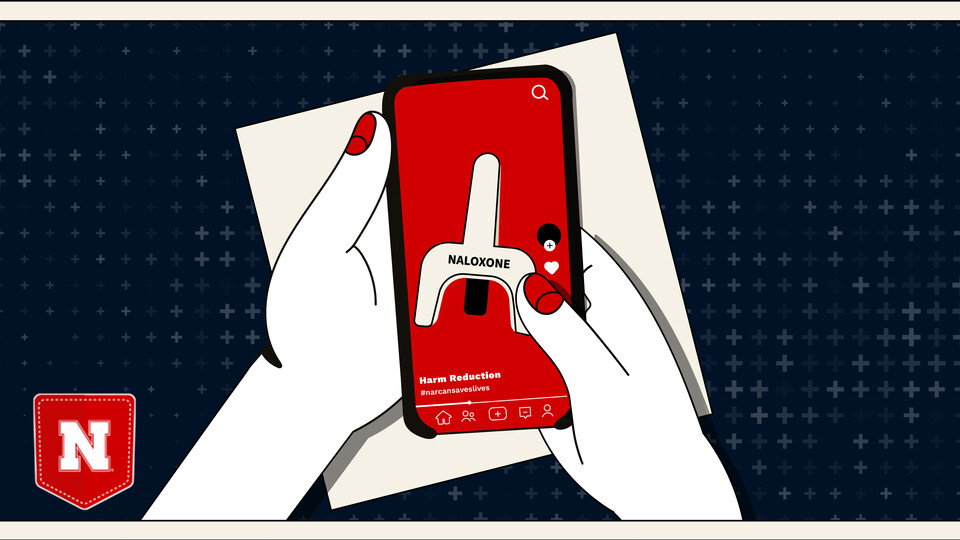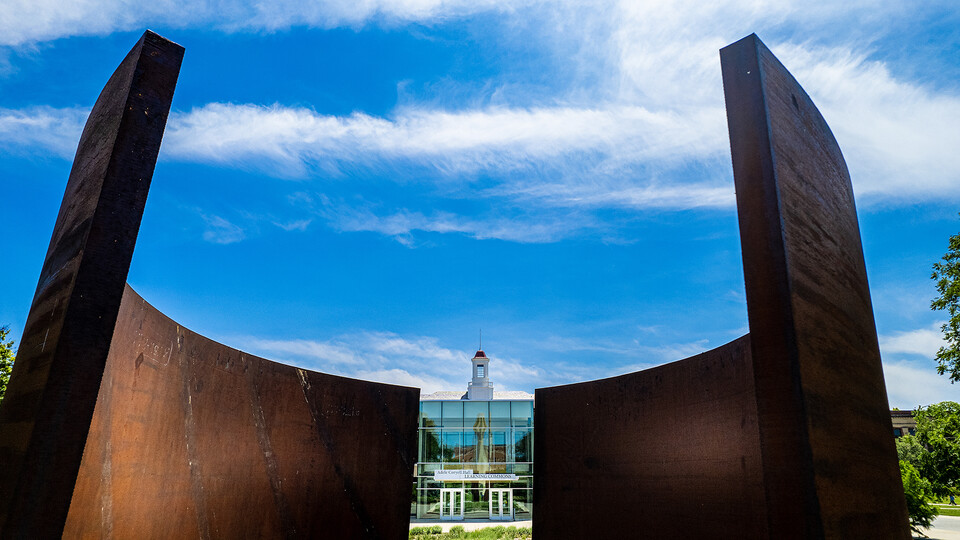
The Targeted Observation by Radars and UAS of Supercells (TORUS) project, the largest-ever study of its kind, launched May 15 and runs through June 16. Adam Houston, associate professor of Earth and atmospheric sciences at Nebraska, is coordinating the effort. The project involves more than 50 scientists and students from Nebraska, the University of Colorado Boulder, the University of Oklahoma, Texas Tech University and the National Severe Storms Laboratory.
The goal of the project is to better understand supercell thunderstorms, which spawn the most-destructive tornadoes, to improve forecasting and ultimately save lives.
“There are structures within the storm that we either know exist — and we just don’t have enough information about them — or we think exist based on preliminary evidence,” Houston told Nature for a May 14 article.
Stories on the TORUS project also appeared in five Nebraska media outlets, including KETV and the Omaha World-Herald, as well as The Washington Post’s Capital Weather Gang blog (1, 2), The Weather Channel, Weather Underground, the Weather Geeks podcast, Drone Below, Drones Crunch, Dronelife, KDVR, KOCO, KSAL, KWCH, Rotor Drone, the Salina Post, UAS Vision, UAV.org, WeatherNation and WHNT.
- - -
Chigozie Obioma, English, was quoted in a May 3 story about hope from Wisconsin Public Radio’s “To the Best of Our Knowledge” series. He said that people in his native Nigeria are innately hopeful, no matter their external situation.
He was also featured in a May 21 article in the Brazilian newspaper Correio Braziliense on promising authors of African or Afro-descendant origin.
Obioma’s second novel, “An Orchestra of Minorities,” was highlighted in a May 23 Time magazine article on the best fiction books of 2019 so far. His first novel, “The Fishermen,” was a finalist for the prestigious Man Booker Prize.
- - -
Will Thomas, history, and colleagues in the university’s Center for Digital Research in the Humanities have compiled and digitized court documents from more than 500 slave freedom petitions and published them in an online database titled “O Say Can You See: Early Washington, D.C., Law and Family.” The Lincoln Journal Star published an article on the project May 12. The story was picked up by seven other Nebraska media outlets and a few other national outlets, including U.S. News and World Report and The Journal of Blacks in Higher Education.
- - -
Robert Schub, political science, co-wrote a May 18 piece for The Washington Post’s Monkey Cage on possible infighting between President Donald Trump and his advisers regarding U.S. policy on Iran.
- - -
Clay Cressler, biological sciences, and colleagues have proposed an answer for why a small percentage of people struggle to expel parasitic worms that can take up residence in the intestines. Stories on the research appeared in Nebraska Ag Connection, 7thSpace, Bioengineer.org, BioPortfolio, The Medical News, Medicine News Line, Phys.org, Science Daily and Scienmag.
- - -
John Hibbing, political science, was featured in a May 27 episode of NPR’s Hidden Brain podcast. He discussed how political views may be influenced by biology.
Hibbing was also quoted in a May 30 article in The Hill on Republican senators possibly facing nasty primary fights in 2020. He said he was skeptical that Sen. Ben Sasse, R-Nebraska, would face a competitive Republican challenger since the senator has sided with the president on recent issues.
- - -
Herman Batelaan, physics and astronomy, and colleagues recently submitted a research paper that makes the case for the existence of a non-Newtonian, quantum force that influences the flight of electrons. Phys.organd Technology.org ran stories on the study.
- - -
Matt Cohen, English, wrote a May 31 piece for the New York Daily News on what author Walt Whitman might think of America’s current political climate. Whitman often wrote about the country’s politics failing to live up to its ideals and paid particular attention to presidents, Cohen wrote.


